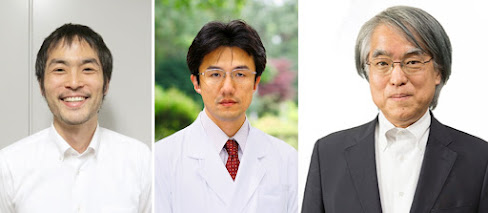Chronic heart failure causes the cell’s powerhouses to dysfunction, in part due to overconsumption of an important intermediary compound in energy production. Supplementing the diet to compensate for this could prove a promising strategy for treating heart failure. The findings were published in the journal PNAS by Hokkaido University scientists and colleagues in Japan.
Mitochondria are small organelles found in almost every cell and are responsible for converting carbohydrates, fats and proteins into energy to power biochemical reactions. Chronic heart failure is known to be associated with mitochondrial dysfunction, but much is still unknown about how this happens at the molecular level.
A research team consisting of molecular biologist Hisataka Sabe (Hokkaido University), cardiovascular medicine specialists Shingo Takada (Hokkaido University and Hokusho University) and Shintaro Kinugawa (Kyushu University) and their colleagues studied the biochemical processes that occur in mice with chronic heart failure caused by surgically blocking part of the blood supply to their hearts. They specifically looked at heart cells outside the boundaries of dead tissue.




.jpg)
.jpg)




.jpg)
_MoreDetail-v3_x1_2000x1335.jpg)




.jpg)
